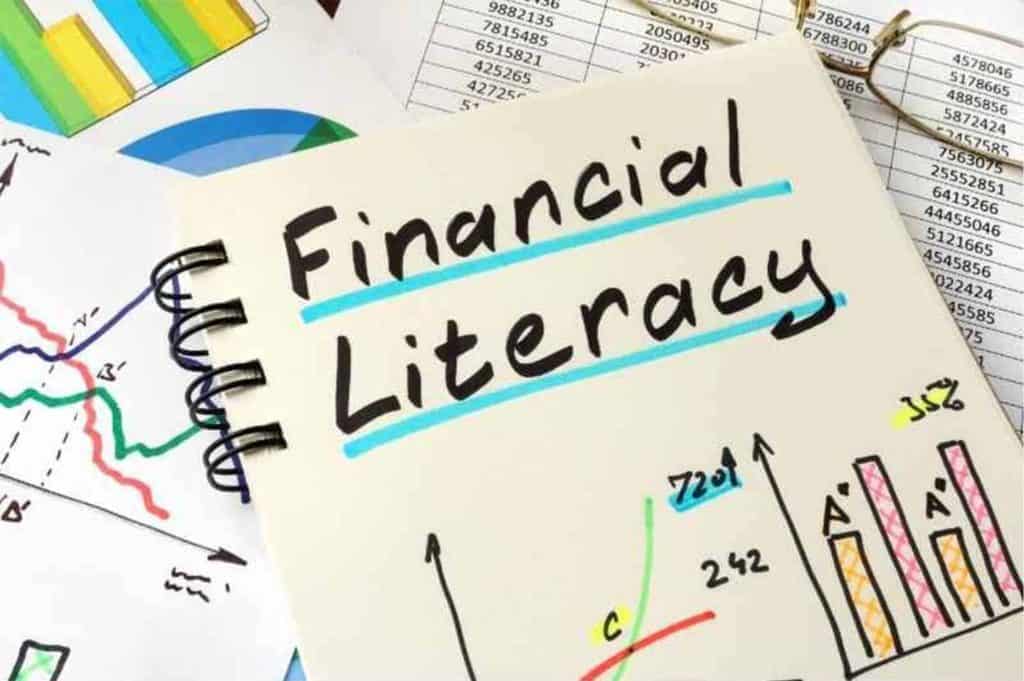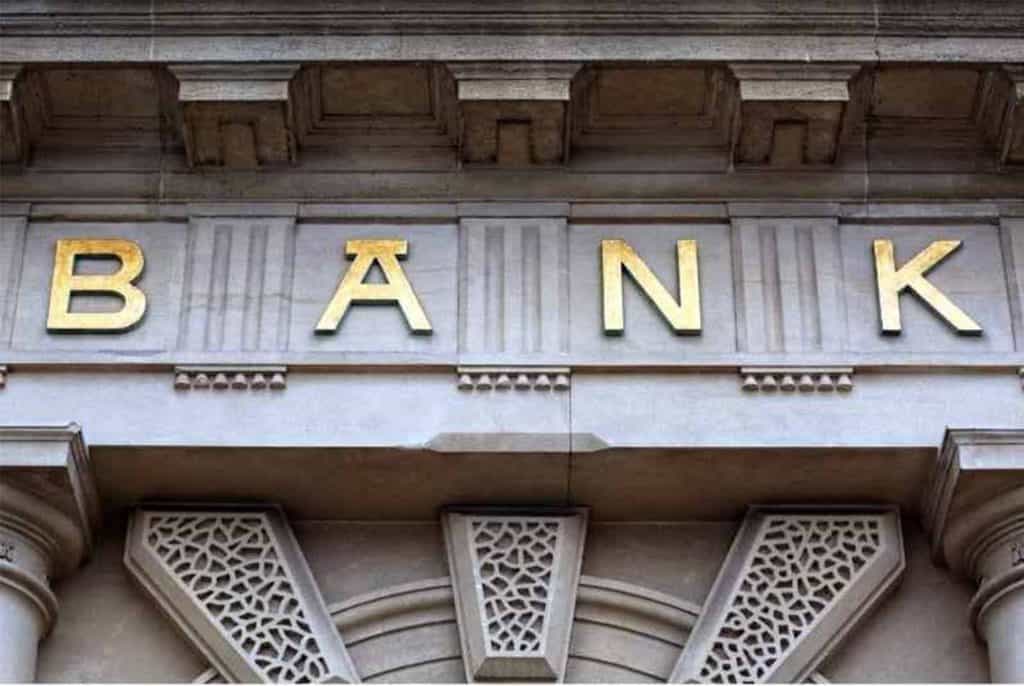Financial Literacy for Teens | Why does it Matter?

What is Financial Literacy?
Financial literacy is a topic that includes many aspects of responsibility. In a simplified way, financial literacy is learning how to manage money, save, use debt and budgets, invest, and deal with your personal finance.
Personal finance for teenagers and college students can be learned in many ways, with experience being the most common. However, keeping these experiences positive from the beginning is why financial literacy for teens is so crucial.
Knowing how to deal with money and understanding your finances early in life could be the difference between living a calm and fulfilling lifestyle or being under financial stress for a long time, essentially until you gain financial literacy.
The choices that you make at a young age can change your financial situation for multiple reasons, most of them having long-term impacts. Financial literacy for teens is such an important aspect of young adulthood that every teenager should not only be aware of but also have access to vital information.
Financial Literacy for Teens and Kids

Financial literacy may be the single most important thing that students aren’t paying attention to in schools. Teens are in fact calling for more financial education in schools.
Learning how to use a credit card, line of credit, student loan and budget are lessons that most adults will learn in life. Unfortunately many will learn the hard way. As our economy changes and schools adapt, creative ways to practice and teach financial literacy are being seen.
Having the basic knowledge of personal finance will go a long way. At some point in your life you will probably go shopping, get a job, buy a car, rent something, apply for a credit card, move out on your own, buy your own food, and pay your own bills. All these decisions will be impacted by your responsibility and knowledge of money.
If you decide to have a child one day… or more, this will become a really important skill. Every dollar counts when you have a family so start the saving process early and don’t worry as much when you get older.
Many countries are hosting financial literacy month to create awareness and promote responsibility and some companies are creating financial literacy curriculum. It’s just a matter of time before financial literacy becomes the norm for kids in elementary school.
Types of Debt

When borrowing money to make a purchase, you have put yourself in debt. Debt is often considered a bad thing. This idea can be true but there is what’s considered good debt and bad debt.
Bad debt is more often discussed than good debt and is also referred to as consumer debt. These are purchases that don’t increase in value such as a television, regular car, cell phone, and usually most things at the mall.
Consumer debt is when somebody borrows money to make a purchase. This borrowed (or lended) money could be from the bank, a friend, a parent, or often the most expensive option which is from a third-party lender, somebody that gives out money at a high-interest rate.
That would mean the money needs to be paid back and then more money needs to paid back on top as a borrowing fee.
Depending on how long you borrow the money this fee can add up to be a lot and can loom over your head until it is paid in full. The longer you take to pay off a debt, the more money you end up paying over the course of the loan.
The price of the loan will also impact this amount and usually comes in a percentage called an interest rate.
Good debt on the other hand can increase the value of your purchase. An example of good debt would be taking a loan from the bank to purchase a house.

Although houses don’t always go up in value, and they can go up and down depending on many factors, generally speaking, a house is an investment and considered by many to be a good purchase.
Purchasing something like a house can be a good investment for many reasons. A house purchase can be considered a forced saving plan.
This means that you must pay this debt first every month before you go and spend money anywhere else. For a teenager, a house may be a distant goal but there are other good debts to consider.
Loaning money to pay for education is a good debt but there should still be limits as to how much debt you take on. Student loans increase your value as a person by increasing your skills and knowledge, which will put you in a position to earn more income over the course of your life.
Starting a business can increase your value significantly. It doesn’t have to be a lot of money but the money you borrow to put into your business can be considered good debt.
Even if it’s borrowing for purchasing the cups to your lemonade stand, that money can increase in value.
What Banks are For

As the common belief in children is that the bank gives out money, we need to understand this now. The bank doesn’t earn you lots of money, it’s the vehicle that can take you to earn money.
The bank offers all sorts of investment opportunities, loans, accounts, and advice. How you choose to deal with them is up to you, but the financially literate deal with them a lot different than those who don’t know.
Learning how to use the bank effectively should be a large part of your financial goals. The bank is a great resource for learning about money.
Start the Saving Process
There is more to saving than just putting your money in an account. Getting an account is the first step, learning how to use it is the second step.
The days of hiding money under your pillow have passed and now more than ever is the time to get the right account. Starting as a teen is a huge advantage to saving for the long-term.
Importance of Budgeting
Budgeting is the management of your money. Earning and spending all come together on a budget often used in the form of a spreadsheet.
Learning how to budget is the difference between having enough money to pay bills at the end of the month and not having anything left. An important part of sticking to a budget is creating the right mindset. With a solid plan and mindset, goals are more easily achievable.
Although there are a ton of resources out there some government sites offer a budget planner.
Start Investing Young
Investing is placing your money in a vehicle that should increase its value. This is not gambling. Gambling is putting your money into something you hope will happen, such as hoping the Lakers win the championship again.
Proper investing involves researching and making sound decisions based on facts. The younger you learn how to do this, the more time you have to earn money.
When Should I Start Learning about Finances?
Financial literacy is a topic that may not sound exciting to everybody at first but you’ll find that the results of proper money management are very exciting.
Anybody with goals of making a large investment or purchase such as a home or car needs to have a plan in place. Financial literacy for teens could have an impact on you and many others and is something you should start to take control of for your own benefit.
If you start investing earlier you give yourself time to add to your investment which will grow itself over the years. If you build debt at a young age you give that time to grow as well. The time to start saving and investing is today, and so is the time to learn.
Personal finance for teenagers and college students shouldn’t be taken lightly. Teaching yourself the basic concepts that you will experience in life will not only prepare you for day-to-day activities but could prevent you from taking on debt that may be a burden. Take it upon yourself to become financially literate.
By: Robert Puharich| February 19, 2021 |





